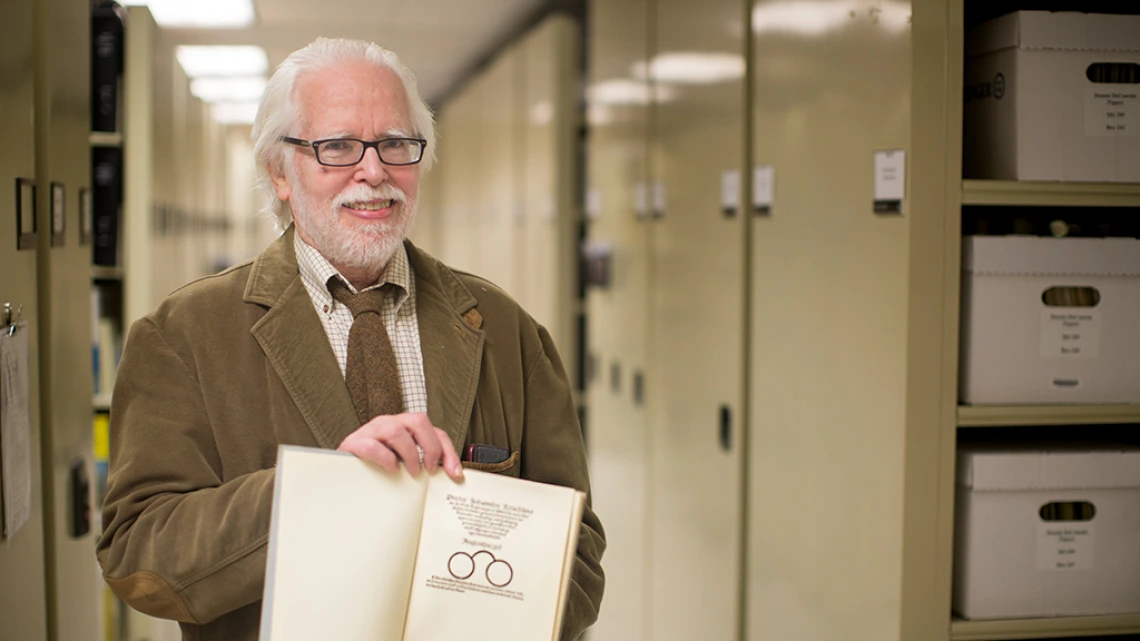
When
Where
Presented by Tom Willard, Honors Professor of English. Willard teaches undergraduate courses in Shakespeare, literary analysis, and biblical literature as well as graduate courses in comparative literature. He specializes in the esoteric thought and writing of the sixteenth and seventeenth centuries.
In 1517, the German lawyer and linguist Johann Reuchlin (1455-1522) published what many consider his most important book. De arte cabalistica was written as a dialogue among representatives of three religious and philosophical traditions: a Muslim, a Pythagorean, and a Jew. The first two had traveled separately to meet the third and learn about the art of Kabbalah. Reuchlin prefaced the book with a dedication to Pope Leo X, whose father Lorenzo di Medici had been passionately interested in Greek philosophy, and he wrote it to remind the pope that his knowledge of Kabbalah made him a valuable asset to the Church. He had recently been cleared of charges brought against him by Dominicans opposing dialogue with Jews and study of Jewish writings, but his case was still pending. Once Martin Luther had spoken out against abuses in the Catholic Church, Reuchlin knew that Rome had bigger problems than he posed. He felt secure in his defense of Hebraic studies, voiced in his 1511 book Augenspiel.
Please note that some audiovisual content within our digital collections and exhibits is temporarily unavailable as we prepare to migrate it to a new platform.
